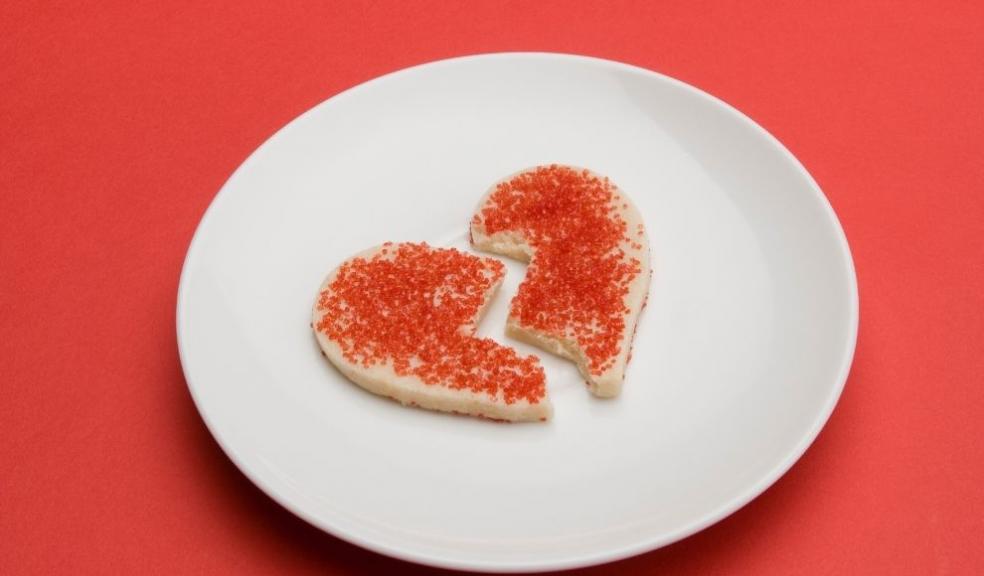
TRULY, MADLY, DUPED: A third of romance scams during pandemic
Research* by savings and retirement provider, Aviva, has found that more than one in ten (14%) people say they have been the victim of a romance scam. Just over a third (34%) of victims were targeted since March, during the height of the pandemic.
A romance scam is defined as sending money to someone the victim has met online and formed a relationship with but has never met in person.
Peter Hazlewood, group financial crime risk director at Aviva, said: “Romance scammers are exploiting the pandemic and lockdown conditions by preying on people who are spending more time at home, often in isolation, and on the internet. Typically, these fraudsters pretend to be someone completely different from who they are in real life. They usually begin by building trust with their victim, feigning friendship or romance. They then begin to drop subtle hints about needing money for a difficult situation.”
Aviva’s research found that young people aged 25-34 years old, are the age group most likely (27%) to admit to having been the victim of a romance scam. Aviva also has anecdotal evidence which suggests older people are also being targeted online.
Peter Hazlewood said: “Recently, we’ve spoken to older customers who appear to have been targeted through online gaming forums, where they form friendships with people with whom they regularly play games like chess and backgammon. These victims are looking to drawdown on their retirement savings to, seemingly, give it to fraudsters. In a situation like this, where we have suspicions without evidence of fraud, we work hard to do whatever is in our power to protect our customers and their savings.”
Almost two-thirds of victims (62%) in Aviva’s survey, were embarrassed to admit it to their friends and family or the authorities even though the average amount of money handed over to fraudsters since March last year was said to be only around £300**.
Peter Hazlewood said: “These scams usually start with one relatively small amount being handed over, but often escalate into a number of payments which can really add-up. People should not be embarrassed to admit falling for a romance scam. These fraudsters are incredibly convincing and will do anything to persuade their victim to part with their cash and, what is sometimes, their life savings.”
How to spot a romance scam:
- You have only met the person online, and never in person.
- They need money to pay for medical treatment - either for themselves or a sick or injured relative.
- They ask lots of personal questions about you, but don’t tell you much about themself.
- They live in a different country to you.
- They quickly switch from communicating with you through an online forum to text message or email.
- They ask you to pay for the travel costs, such as plane tickets or visa charges, so they can meet you.
If you’re worried you might have been the victim of a romance scam, you can report it to Aviva, here: www.aviva.co.uk/help-and-support/protect-yourself-from-fraud/scam-report-form/
You can find more information and advice on romance scams on Aviva’s website, here: www.aviva.co.uk/help-and-support/protect-yourself-from-fraud/spot-a-romance-scam/
Aviva’s consumer research into romance scams also found:
- Slightly more men (15%) than women (12%) admit to the being the victim of a romance scam.
- People living in Greater London (27%) are most likely to have been the victim of a romance scam, closely followed by the North West (16%) and then the West Midlands (13%).









